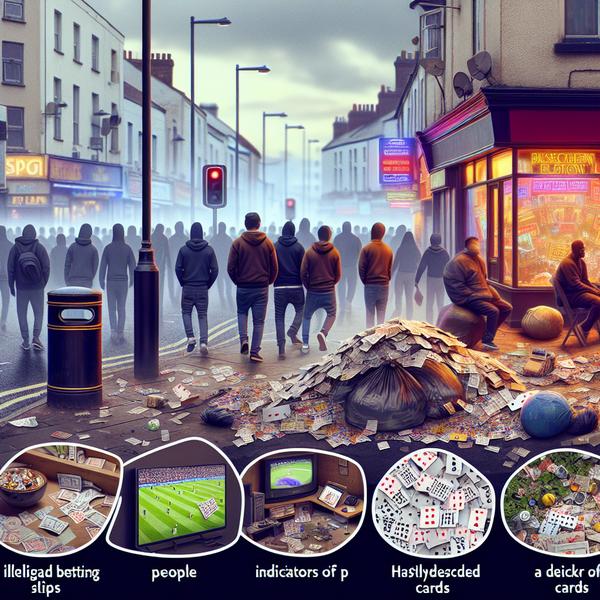New Jersey New York Top Black Market Betting Despite Legalization

New Jersey and New York continue to dominate illegal betting even after making it legal.
Sports betting, whether online or in physical locations, is now legal and available in 38 states and Washington, DC. After the 2018 Supreme Court decision on the Professional and Amateur Sports Protection Act (PASPA), it was hoped that legal betting would cut down on illegal betting. However, this hasn't happened in some states.
Illegal betting in New Jersey and New York
New Jersey and New York are major places for illegal sports betting. Recent information from the Campaign for Fairer Gambling shows that these states are big contributors to illegal gambling activities.
- In total, $40.92 billion in wagers were placed through unregulated internet casinos and sportsbooks.
- Bettors in Minnesota, New Jersey, and New York combined for $9.5 billion of that figure.
- New Jersey bettors placed nearly $1 billion with local bookies and illegal online sports betting sites.
- Another $719 million was spent on unregulated online casinos in New Jersey.
- New York residents spent $3.4 billion on unregulated internet casinos.
- They also placed an additional $1.9 billion on illegal sportsbooks.
Why Legalization Hasn't Stopped Illegal Betting
Even though sports betting is now legal, illegal activities still happen for several reasons.
- Sector-Friendly Legislation: Existing laws and regulations are not strong enough to deter illegal operators.
- Tax Rates: High tax rates on legal betting may push bettors to seek cheaper options.
- Availability: Illegal sites are readily accessible and often offer better odds.
Derek Webb, founder of CFG, said that illegal online gambling operators are still very common, even though legal gambling has grown.
Minnesota does not allow legal betting, which means that people here don't have the option to place bets legally on games or other events.
Minnesota is unique because it doesn't permit online gambling or sports betting, but there is still a lot of illegal gambling happening.
- $1.5 billion was directed to unregulated iGaming forums.
- Another $929 million went to illegal internet sportsbooks.
Webb said, "Even though these states have very different laws, they still allow over 800 illegal operators to run without following any state laws."
The Call for Federal Oversight
Right now, gaming companies mainly deal with state regulators. But Derek Webb thinks that having federal oversight could help reduce illegal betting.
"We need the federal government to help oversee online gambling," Webb said. He stressed that we need accurate information to make better gambling rules.
Legalization vs. Black Market
Some people argue that making betting legal will take money away from illegal markets and keep consumers safe. However, what happened in New Jersey and New York questions this idea.
- Legalizing betting does not automatically eliminate illegal options.
- Consumers still use illegal sites for various reasons, including better odds and fewer restrictions.
- Increased consumer protection and state tax revenue are not always guaranteed outcomes of legalization.
Staggering Data from CFG
CFG's report shows how big the problem is.
- Illegal betting is widespread even in states with legal betting options.
- Enforcement against illegal operators remains weak.
- States are losing potential tax revenue to these illegal activities.
In summary, although many thought that legalizing betting would reduce illegal gambling in New Jersey and New York, data shows this is not the case. There are talks about needing tougher rules and possibly federal involvement to fix this problem.
Feed: Latest news in online gambling across the world
Share this article







